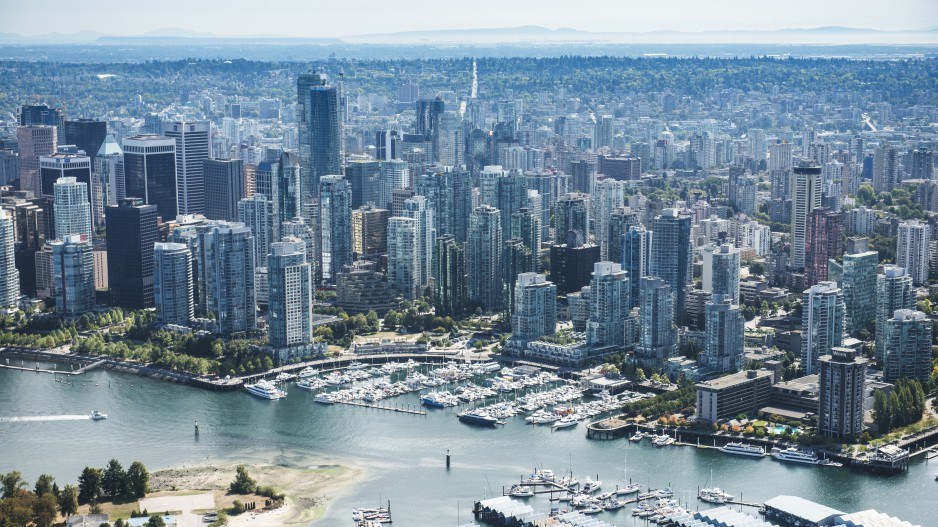The recently released provincial and federal budgets have several measures relating to real estate and some financial experts are concerned about the impact the new taxes will have on foreign investments in British Columbia.
Raymond Lu, a partner at the Vancouver-based chartered accountant firm Manning Elliott, says he believes the new rules targeting real estate in the federal and provincial budgets is pushing away potential investors from Asia and, particularly, from China.
“In China, there are a lot of investors who invest in foreign real estate and these measures will be crucial information for them,” says Lu. “Whenever there is additional tax targeted to a particular investor profile, it’s always bad news for these investors.”
The provincial budget brought in a number of real estate related stipulations and increased taxes, in the name of increasing affordability and tackling the growing housing crisis in Vancouver.
Is it really a speculation tax?
The new speculation tax, for example, is an annual tax that will apply to foreign and domestic property owners who are not residents of B.C.
It will start at a tax rate of 0.5 per cent of the assessed value in 2018 and increase to 2 per cent of assessed value next year.
Some exemptions may be made for principal residences or long-term rental properties but it will include properties that are left vacant.

Lu is adamant the structure of the new speculation tax on residential properties will not effectively address the short-term property flipping and the soaring property price problems, and was a mistake. The government should provide more subsidized residential housing for sale and rent or implement other measures for those struggling to find places to live.
“It’s not a speculation tax, there are other better ways to do a speculation tax,” says Lu. “This is purely a tax grab … this is not a wise policy from an economic perspective.”
He says taxing short-term flipping gains at a higher tax rate is a better way to approach speculation and that exceptions should be made for long-term investments.
“When you gain on an investment from a long-term hold, is it speculation? If it is, tax it,” Lu says. “But if it is just a normal business activity that helps the economy grow — is it just a normal business transaction? If it is, then it should be taxed at the normal rates. “
Adding up taxes
The speculation tax comes on top of additional property tax increases.
Starting this year, the previously-introduced foreign buyers tax will be increased from 15 per cent to 20 per cent.
Also, an additional two per cent property transfer tax will be applied to homes above $3 million, on top of the previous transfer taxes.
Lu says all these additional costs add up and push investors away.
“It is a very heavy burden,” he says.
By comparison, Lu says, investments in other countries like the U.S. have started to look a lot more appealing since the budgets were introduced.
“The U.S. is a competitor to us because in the U.S. real estate prices are generally lower and they don’t have these taxes,” he says. “I’ve talked to potential investors … these taxes are considered onerous to investing in B.C.”
It’s Canadians who lose out
The federal budget is less of a challenge, as long as the investors don’t plan on applying for residential status or citizenship, or investing in a business in Canada, he adds.
“Federally, the new rules will not affect the investors that much because they are not residents anyways,” says Lu. “If the investors are considering applying for immigration and starting a business here, the new tax rules will basically be for income splitting and that will have a negative impact to them.”
At the end of the day, it’s Canadians and British Columbians who will lose out if investors leave to go somewhere else, Lu emphasizes. “Less development projects will go ahead … that means less units will be available for sale and it will keep the property prices higher — its supply and demand, right,” he says,
“For professionals, this means less investors are coming and less business for lawyers, accountants, architects, business consultants, etc.”




